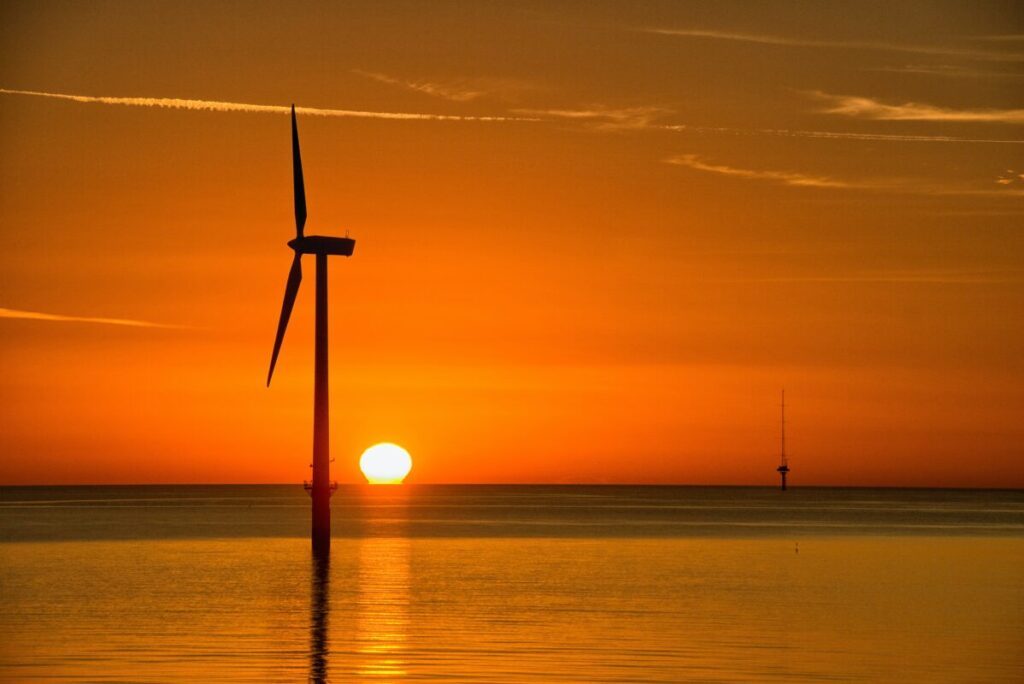Funding of £718,000 will enable the University of Aberdeen to carry out a study that aims to boost the resilience of coastal communities as they respond to current changes in energy production.
The project, TRANSitions in Energy for Coastal communities over Time and Space (TRANSECTS), is one of four to receive support through the Resilient Coastal Communities and Seas Programme, which has a total budget of £14.8 million. It is funded by the national funding agency UK Research and Innovation and the government’s Department for Environment, Food and Rural Affairs (Defra).
The University of Aberdeen will work in partnership with a number of organisations on the study. These include Heriot-Watt University, the University of Highlands and Islands, University of Strathclyde, and University of Hull, together with industry partners such as Daryl Burton Ltd and stakeholders from government, marine management and offshore energy.
The east coast of Scotland, Humber in England and the Orkney islands will be the focus of the study, which will “build a picture of the human side of the energy transition”.
What sets TRANSECTS apart from previous studies is that most analyses focus on technical and economic criteria, rarely addressing environmental, social, cultural and institutional impacts. Whether or not past transitions have been ‘just’—as fair and inclusive as possible—has never been assessed before.
Dr Daria Shapovalova, part of the team delivering TRANSECTS, said: “Aberdeen and the north-east are no strangers to the impact of changes in technology, and we will use the knowledge and expertise we developed in place-based interdisciplinary research of transitions to contribute to this excellent project.”
Changes for the coastal industry
The study takes place at a time when the coastal industry is set to undergo a shift. The Labour government has pledged not to award new oil and gas licenses, as well as raising the windfall tax on companies profiting from fossil fuels.
There is certainly scope for the affected communities to benefit from the transition to renewable energy generation. In fact, UK oil and gas production has been lower than demand for roughly 20 years, and much of the North Sea’s output is exported.
The presumed focus of the government’s publicly-owned energy company, Great British Energy, will be onshore and offshore wind; its launch was coupled with the announcement of a partnership with the Crown Estate, which owns much of the seabed around the UK.
Prime minister Keir Starmer has promised the new GB Energy will be headquartered in Scotland, although it is still unknown exactly where or when this will be built, in an effort to show his commitment to a just and fair transition.
Critique of Labour’s climate policy often centers around the potential job losses associated with closing down oil and gas industry in the North Sea. According to the government, GB Energy will create 650,000 jobs by 2030.






